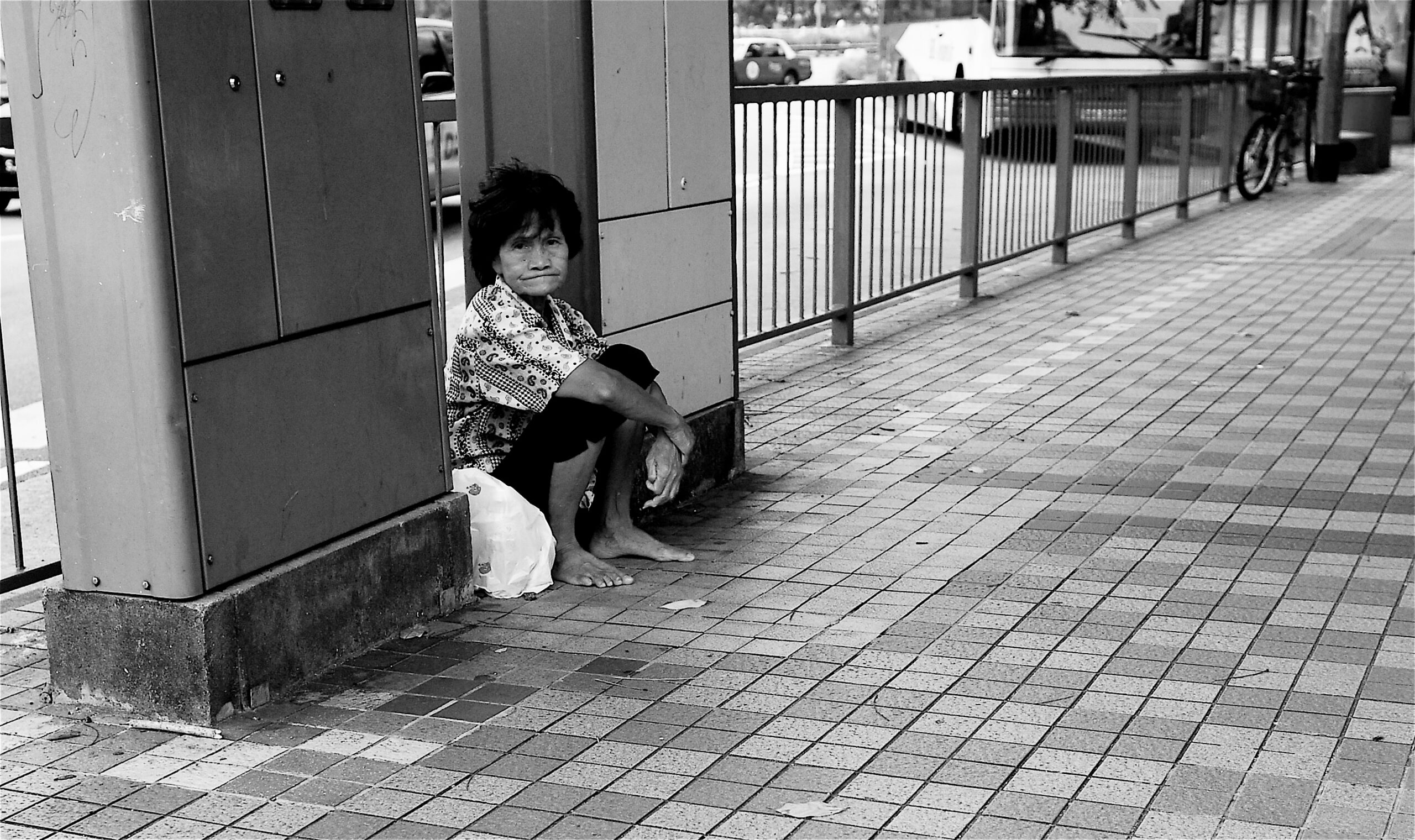One of the most inspiring projects that I came across during the Asian Side of the Doc that was held last week in Xiamen was an upcoming documentary that looked at the lives of migrant workers in China, through their poetry.
The subject matter and treatment of the documentary-The Verse of Us- stood out amongst all the other documentaries that were pitched by Chinese producers. There are over 300 million migrant workers in China, more than the entire population of France and Germany combined. One typically does not associate poetry and literature with being written by manual workers- by miners spending their days 800 m under the earth or workers assembling Apple I phones. But there exists this rather prolific group of poets in China, who also happen to be migrant workers. The Verse of Us, you can watch the trailer here, follows the lives of some of the poets as they share their experiences in being part of China’s “economic reforms”.
Well-known financial writer and economist Wu Xiaobo is one of the key team members of this project. “ I was handed over some of the poems by a poetry critic. Impressed, I decided to pursue the poets, and was surprised to find an entire underground movement amongst migrant laborers who were writing poems about their lives and working conditions,” said Xiaobo when I met him at the sidelines of the conference.
We ran along the railway,
Arriving in some place called “The city”
Where we trade in our youth and our muscle.
Finally, we have nothing to trade, only a cough
And a skeleton nobody cares about.
“Sleepless”
Midnight. Everyone is sleeping soundly,
We keep our pair of young wounds open.
These black eyes, can you really lead us to the light?
“Night Shift”
The poem was written by 24-year-old Xu Lizhi, who killed himself in September 2014,by jumping out of the window of a residential dorm run by Foxconn in the southern city of Shenzhen.

The issue of suicide among migrant workers in China hit mainstream media in 2010. A spate of suicides at Foxconn, China’s biggest private employer had led the company to take drastic measures for workers’ welfare and management of its public relations. But according to Libcom.org and Nao, a website about workers and peasants against exploitation, the suicides have continued. They just don’t hit the headlines anymore, as they are “managed” better.
The documentary producers are using the poetry of the workers as a way of gaining insight into their lives.
What makes this a transmedia documentary?
Besides the subject and treatment, what also impressed me about the film was how the producers were using different online platforms at every stage of production.
1. At the very onset, the film is being produced by MeDoc, which calls itself the first production agency in China that specializes in making online documentaries. MeDoc produces micro-documentaries that can be easily shared on the internet in associations it has with leading Chinese video websites. It has also become a magnet for young directors, who are sharing their ideas for online documentaries with this unique production company. In 2013, MeDoc was honored by the Guangzhou International Film Festival with the title of “Discoverer and Pioneer of Chinese Micro Documentary”.
2. The documentary producers used WeChat, the equivalent of Whats app in China, to initially publish some of the poems of migrant workers. Wu Xiabo used his influence and managed to reach over 600,000 subscribers.
3. The producers used crowdfunding at different stages of production. They initially managed to raise 150,000 RMB which helped them publish the poems of Xu Lizhi. They are now in the midst of their second crowdfunding initiative, to raise funds to help them finish the film.
4. IQiui, one of the leading internet tv providers in China has been an early investor and gets exclusive copyright to broadcast the documentary on its website.
5. The team planned a live poem concert from a small shanty town in Beijing, which was a clustering place for migrant poets. The concert was broadcast live online on Vhall, an online live broadcasting platform. This was done to introduce poetry by migrant workers to people across China.
6. The filmmakers are now in the process of adapting the workers’ poems to music and then creating an app to make the music more accessible to all.
From marketing and publicity to fundraising, production, and distribution, online platforms are what the team behind The Verse of Us has turned to. Would I call it an interactive documentary, not in the strictest sense, but it is definitely a transmedia documentary that I would have loved to watch? Only if it had been in English and for a global audience!


